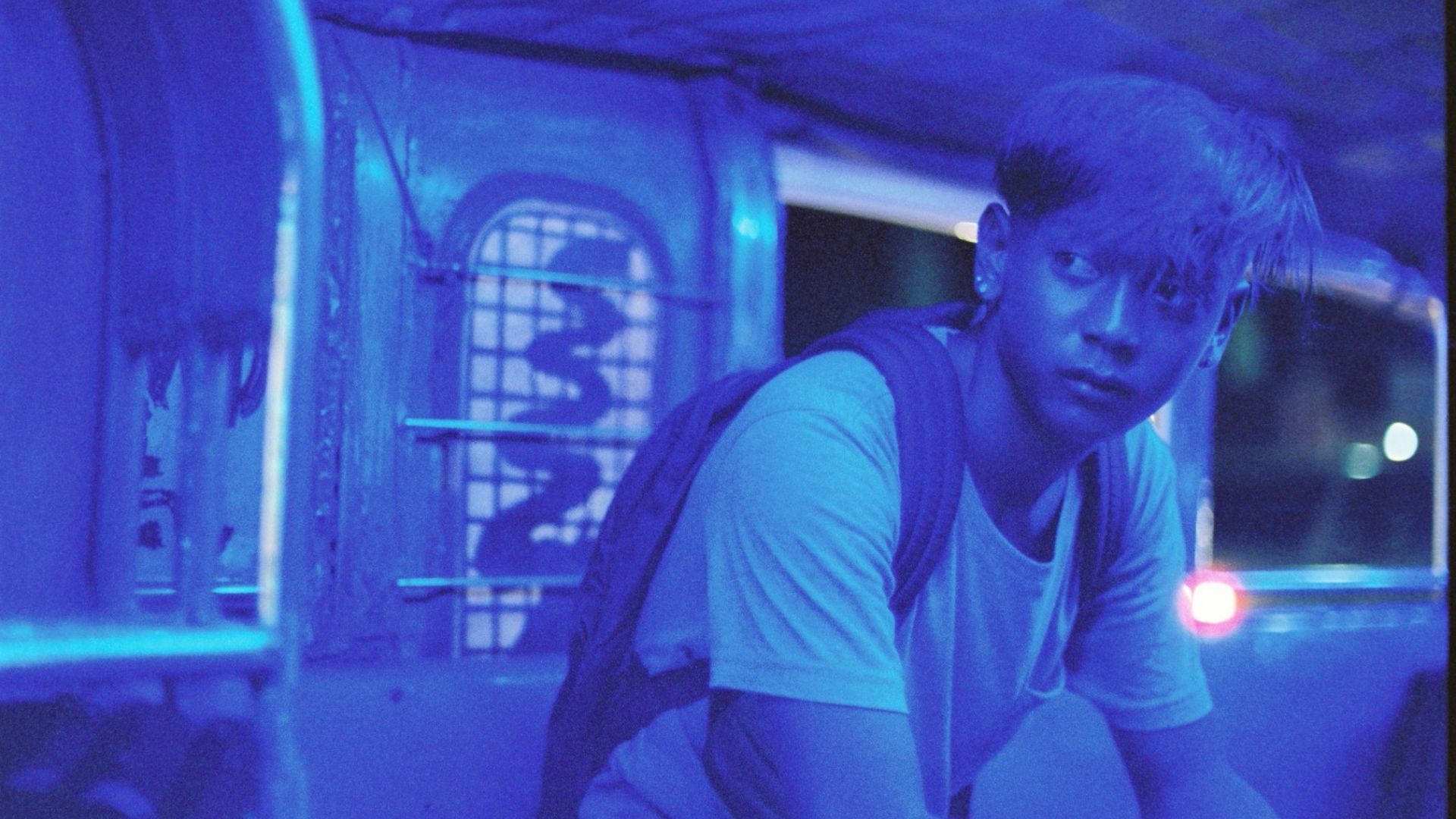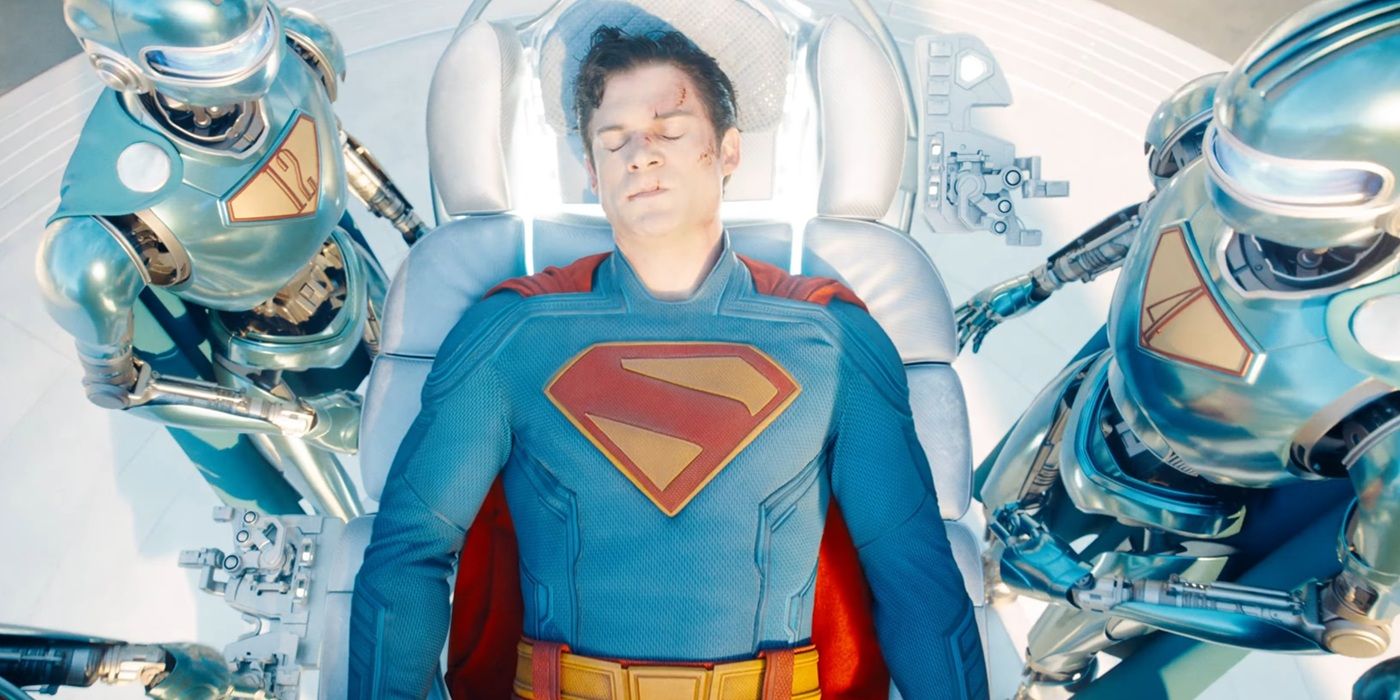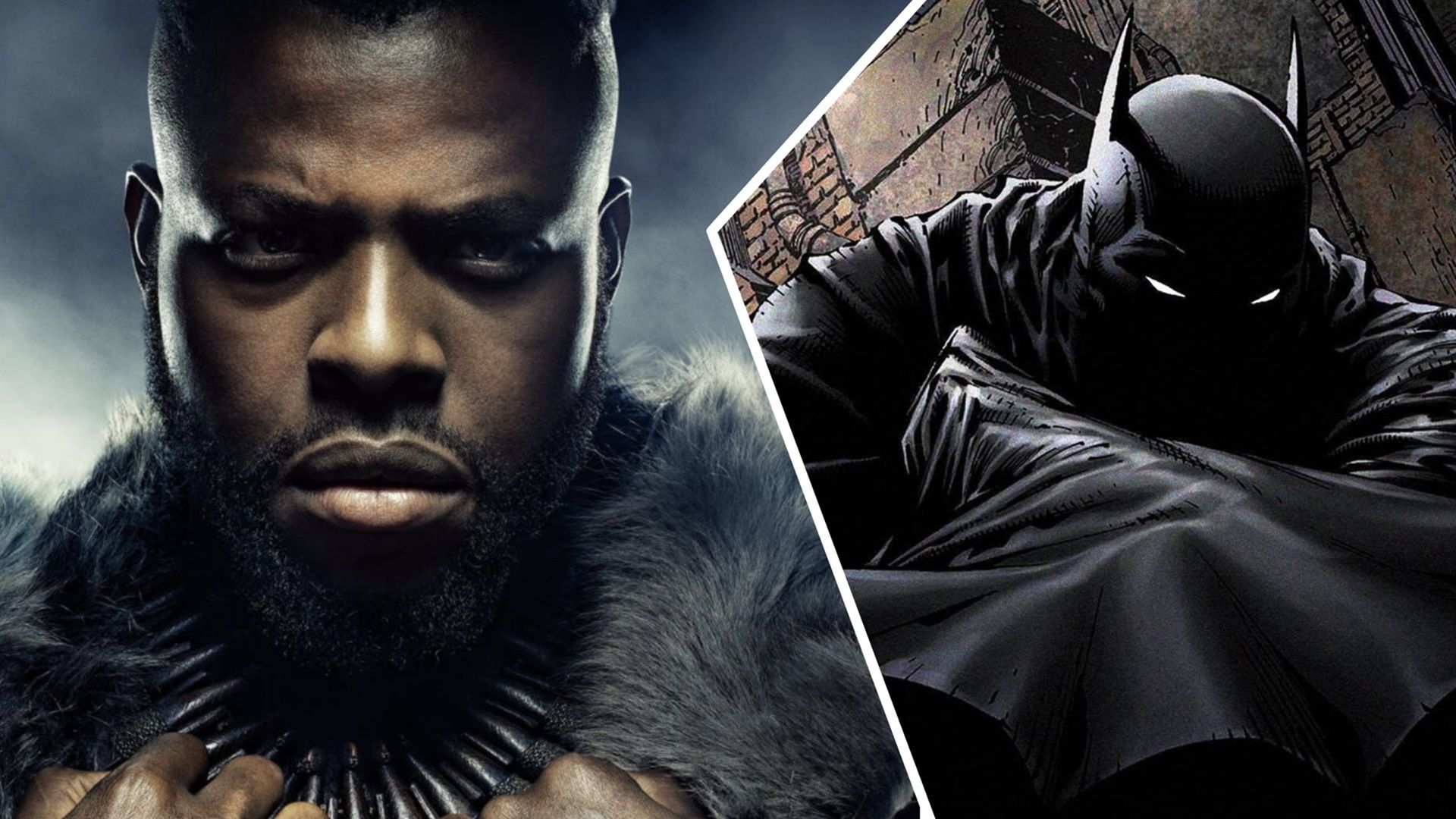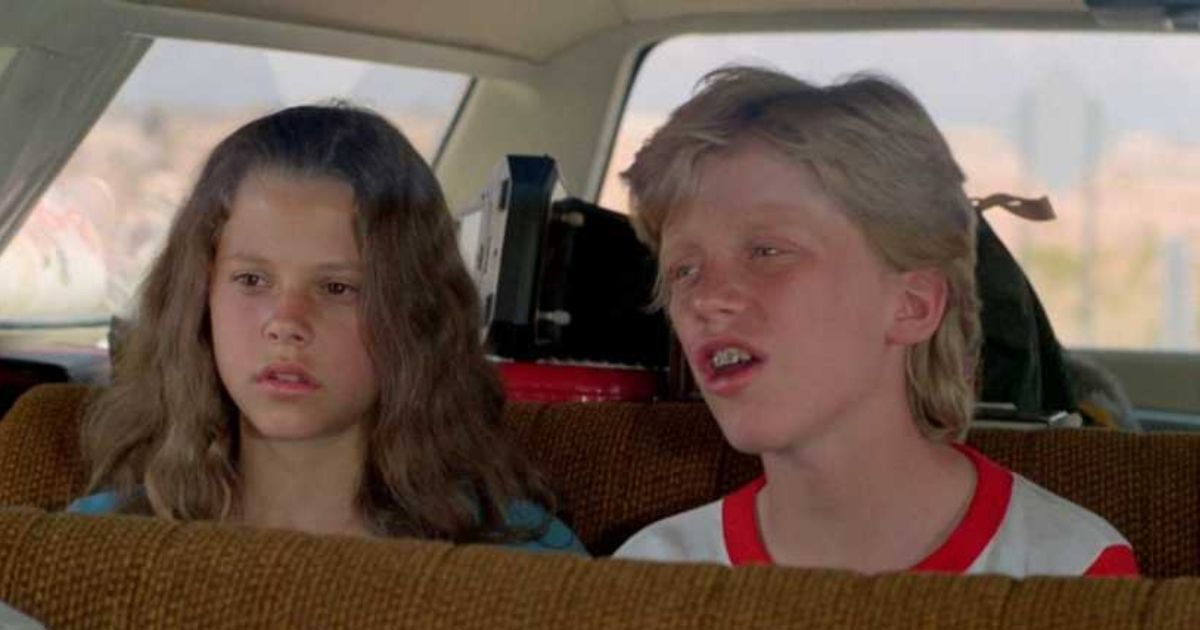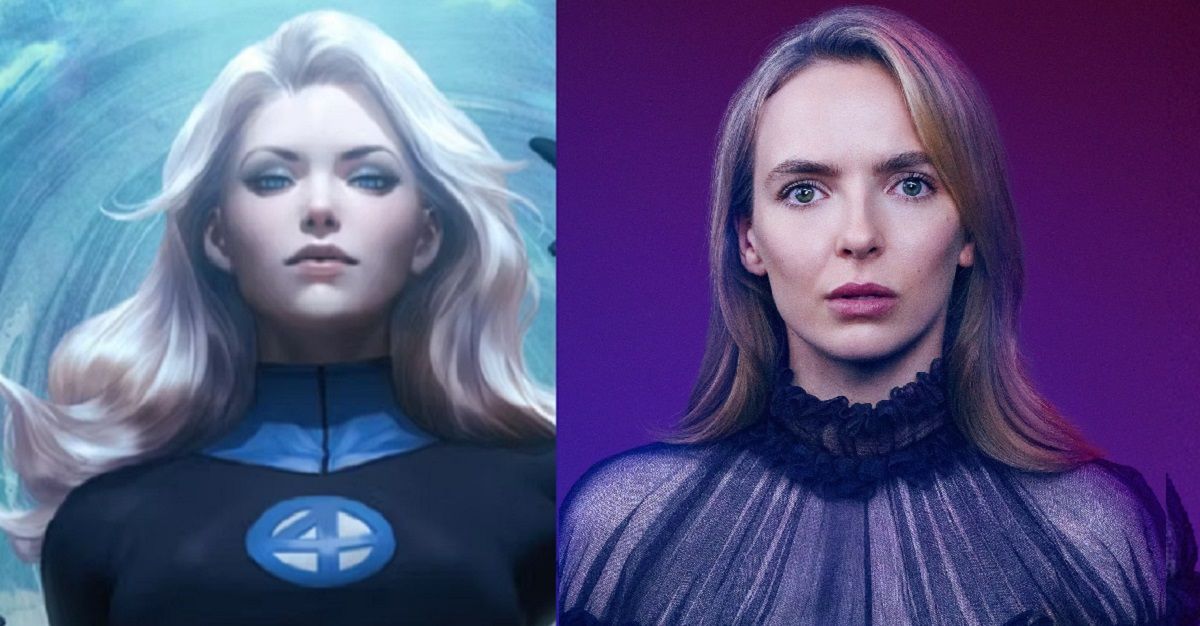Looming against his desires are his mother (Maya Rudolph) and father’s (Jim Gaffigan) fear from living by a human, sea-monster-hunting oceanfront village. Nevertheless, dry world affectations fall to the ocean floor: an alarm clock, a playing card, and a wrench. These items draw Luca closer to the surface. As does Alberto, an older, confident amphibian boy who now lives alone in a crumbling castle tower by the beach, and claims his father is temporarily traveling.
If you’re wondering how these creatures with fins, scales, and tails can could live on among humans without being discovered, writers Jesse Andrews (“Me and Earl and the Dying Girl”) and Mike Jones (“Soul”) have a tidy solution for that. Rather than an evil witch granting him a human appearance, a la “The Little Mermaid,” the sea monsters here can naturally, magically turn mortal. Their ability isn’t controllable, however, as touching water reverts their skin back to their real scaly exterior. But for Luca, such power dangles greater temptation over him.
Once on dry land, Alberto and Luca form a quick bond. They dream of buying a vespa and traveling the globe together. Their plans nearly come to a halt, however, when Luca’s frightful parents threaten to make him live his oddball Uncle Ugo (Sacha Baron Cohen, essentially using his Borat voice in a fish) in the trenches. Instead, Luca runs away with Alberto to the town of Portorosso. There, they come across Giulia (Emma Berman), a red-headed, independently minded tomboy with dreams of winning the Portorosso cup—a traditional Italian triathlon consisting of swimming, cycling, and eating pasta—and her one-armed, burly father Massimo (Marco Barricelli). In a bid to earn enough money to buy a Vespa, the boys pair with Giulia to win the cup away from the evil five-time champion Ercole Visconti (Saverio Raimondo) and his goons while an entire town lays a bounty for sea monsters on their heads.
The most distinct current coursing through “Luca” is freedom: that’s certainly what the Vespa represents, the ability to be unrestricted not just by sea, but by land too. The other thread winding around the folklorish narrative, however, is identity, or the people who truly are behind our public faces. The villainous Ercole is initially and seemingly well-loved, as though ripped from an Italian magazine. We soon discover that his love, somewhat like Gaston in “Beauty and the Beast” (another Disney flick attuned to true identities) actually rules through intimidation. The measured eroding of his care-free, buoyant persona into the narrative’s real monster is predictable yet satisfying.
You can view the original article HERE.



